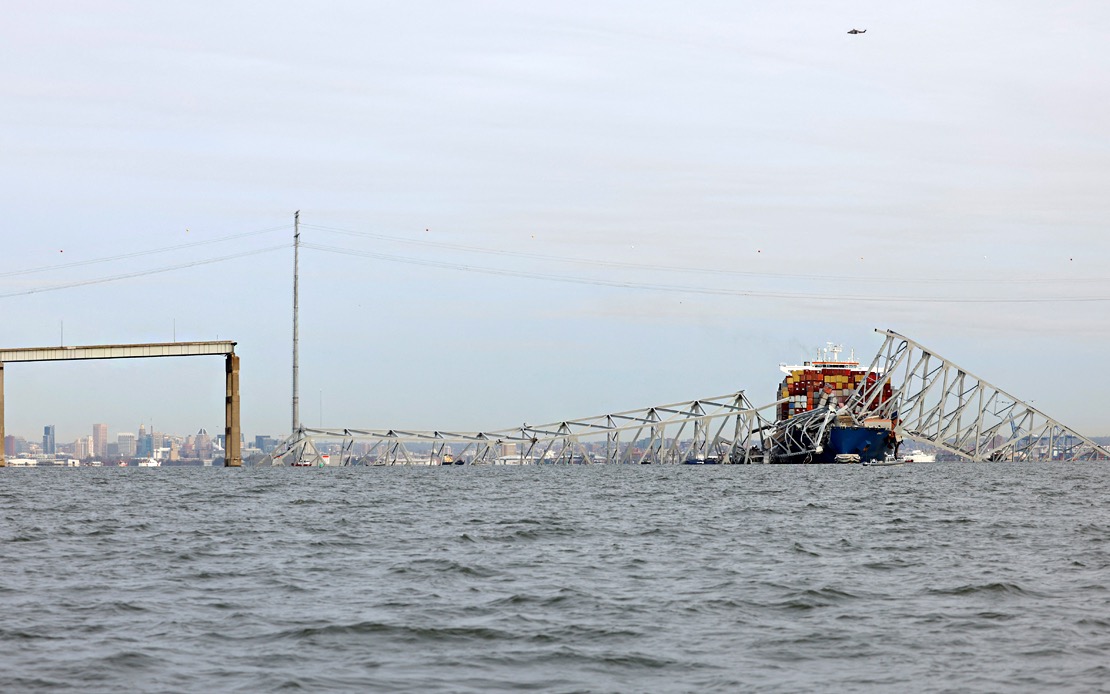The ongoing crisis facing small and medium-sized enterprises (SMEs) in Argentina’s manufacturing industry is far from over. The recession has had a significant impact on the domestic market, reducing consumption and leading to more suspensions and dismissals for these companies. The situation is expected to worsen, with estimates suggesting that up to 300,000 jobs may be cut by 2024.
The Industrial Productivity Association (IPA) warned about this crisis at a press conference, presenting their sixth report from their Observatory. They pointed out that the decline in production is not the only challenge SMEs are facing. The opening of imports has also had a permanent shift on the market, which IPA believes will have a sustained collapse in sales and a direct impact on employment.
Private employment contracted by 0.5% in March compared to February, resulting in a loss of 58,000 jobs in the first three months of the year. While large companies were hit harder initially, SMEs experienced a greater decline on a year-on-year basis. Companies are struggling to keep up with low sales and high inventories and are resorting to measures such as advancing vacations, cutting shifts, and eventually laying off personnel.
The manufacturing industry has been experiencing continuous decline in economic activity, with all industrial sectors recording negative numbers in March. This has led to a reduction in production levels and an increase in layoffs. Without an industrial plan in place, the impact on jobs and the economy will be significant. The challenge is to minimize the damage and find ways to sustain employment in the face of these challenges.
In conclusion, SMEs continue to face challenges as they struggle with reduced consumption due to economic downturns. This situation is expected to worsen as companies struggle with imported finished products replacing national production without an industrial plan in place.



